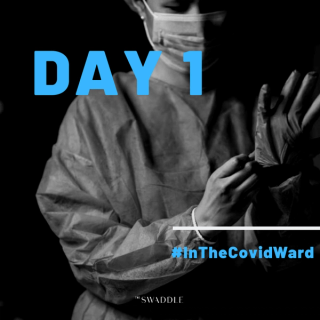The U.S. Centers for Disease Control and Prevention (CDC) posted a set of guidelines on its website over the weekend advising that testing people for antibodies shouldn’t be used to determine immune status in individuals.
When someone is infected with any virus, including the novel coronavirus, their body’s immune system produces antibodies to fight it. Even after their recovery, these antibodies continue to linger in their system. As opposed to a nasal/throat swab test, which tells you if you have a current infection, an antibody test tells you if you had a previous infection.
In its guidelines, the CDC emphasized that the antibody tests currently available are returning false positives, meaning that they cannot be relied upon to accurately determine who is really carrying coronavirus antibodies. Furthermore, as the WHO has said in the past, there is absolutely no evidence to suggest that Covid19 survivors who carry antibodies won’t get reinfected. In fact, there are already reports about recovered Covid19 patients from China and South Korea contracting the coronavirus again.
Related on The Swaddle:
Italian Study Finds Link Between Covid19 and Rare Blood Disorder In Children
Experts are also concerned about the risk of people actively trying to get infected by the novel coronavirus if economies are opened up based on immunity determined by antibody tests. “If access to certain social and economic liberties is given only to people who have recovered from Covid-19, then immunity passports could incentivize healthy, non-immune individuals to willfully seek out infection — putting themselves and others at risk,” molecular biologist Natalie Kofler, and bioethicist Françoise Baylis, wrote in a commentary published in Nature last week.
In this scenario, relying on antibody tests to make policy decisions to transition back into normalcy does not seem wise. These discrepancies have led the CDC to strongly advise governments against making policy decisions about returning individuals to workplaces, schools, dormitories and correctional facilities based on antibody tests.




